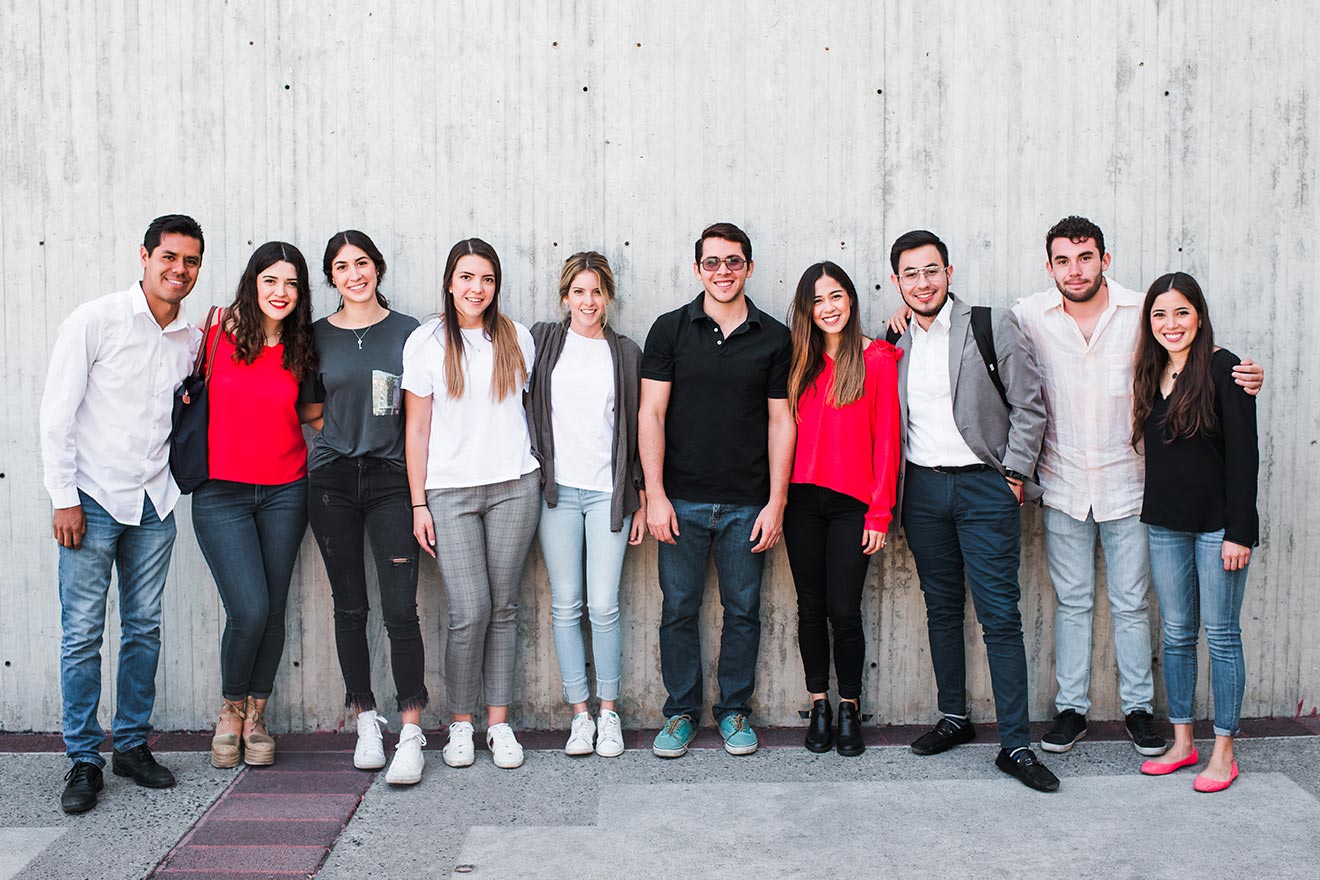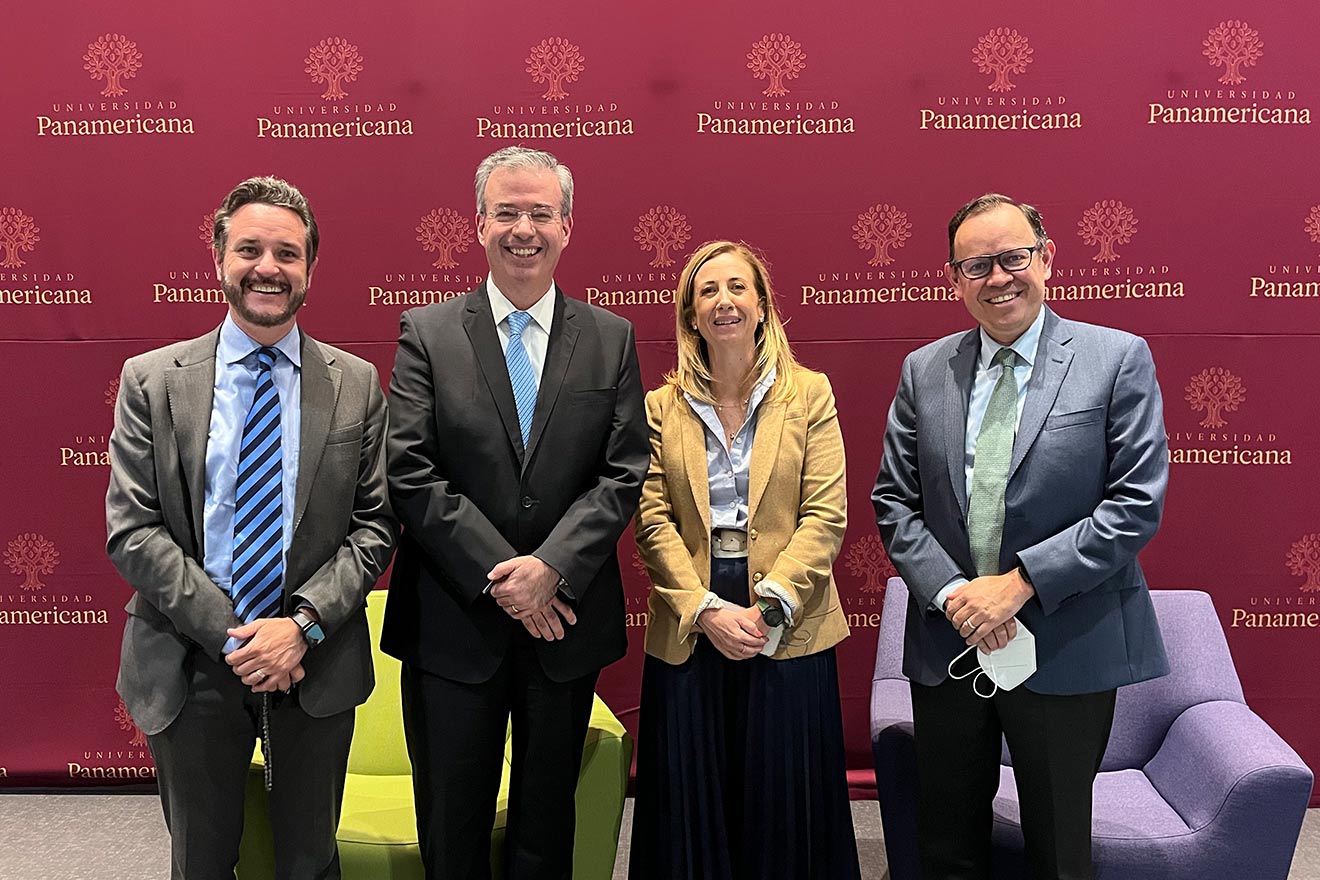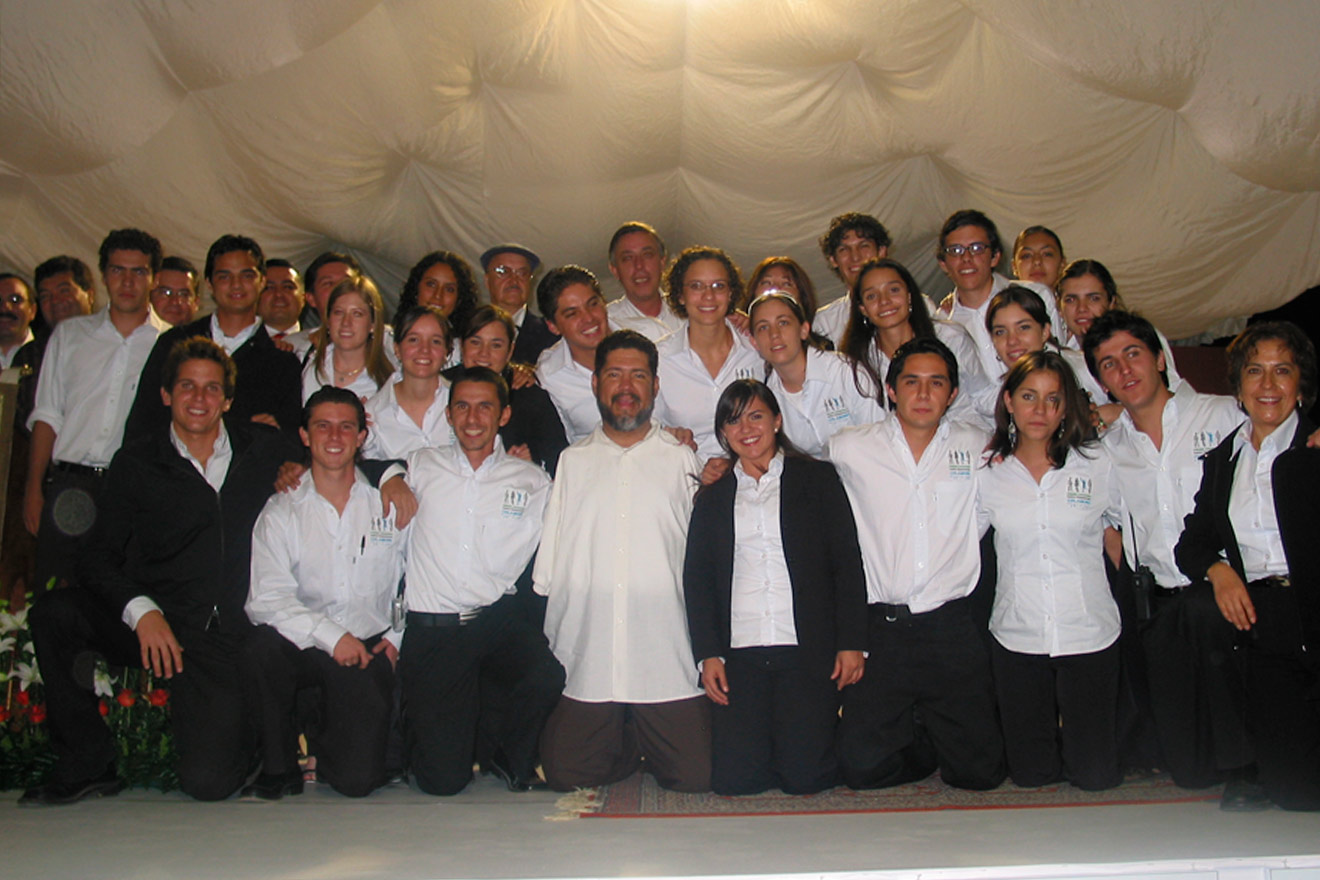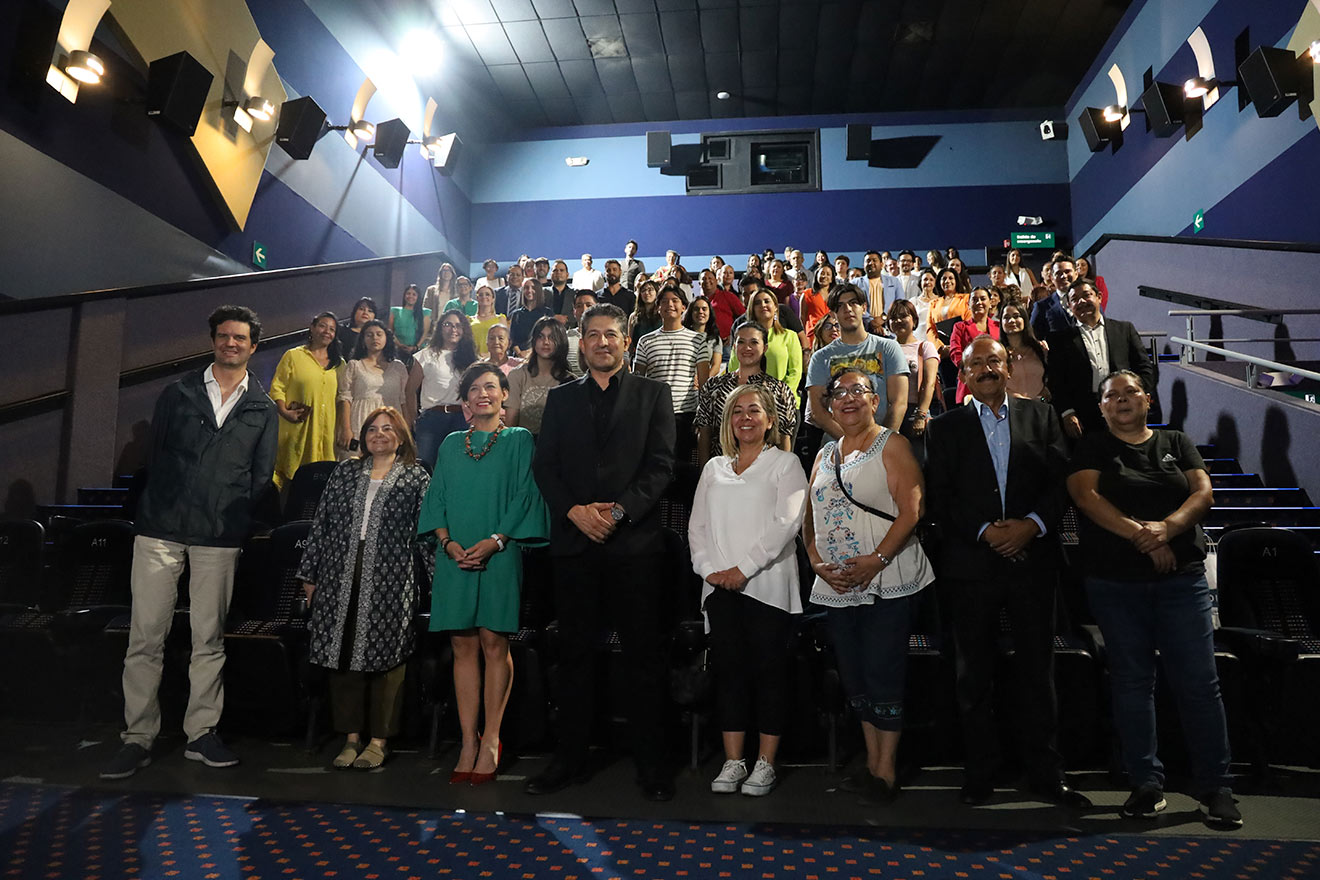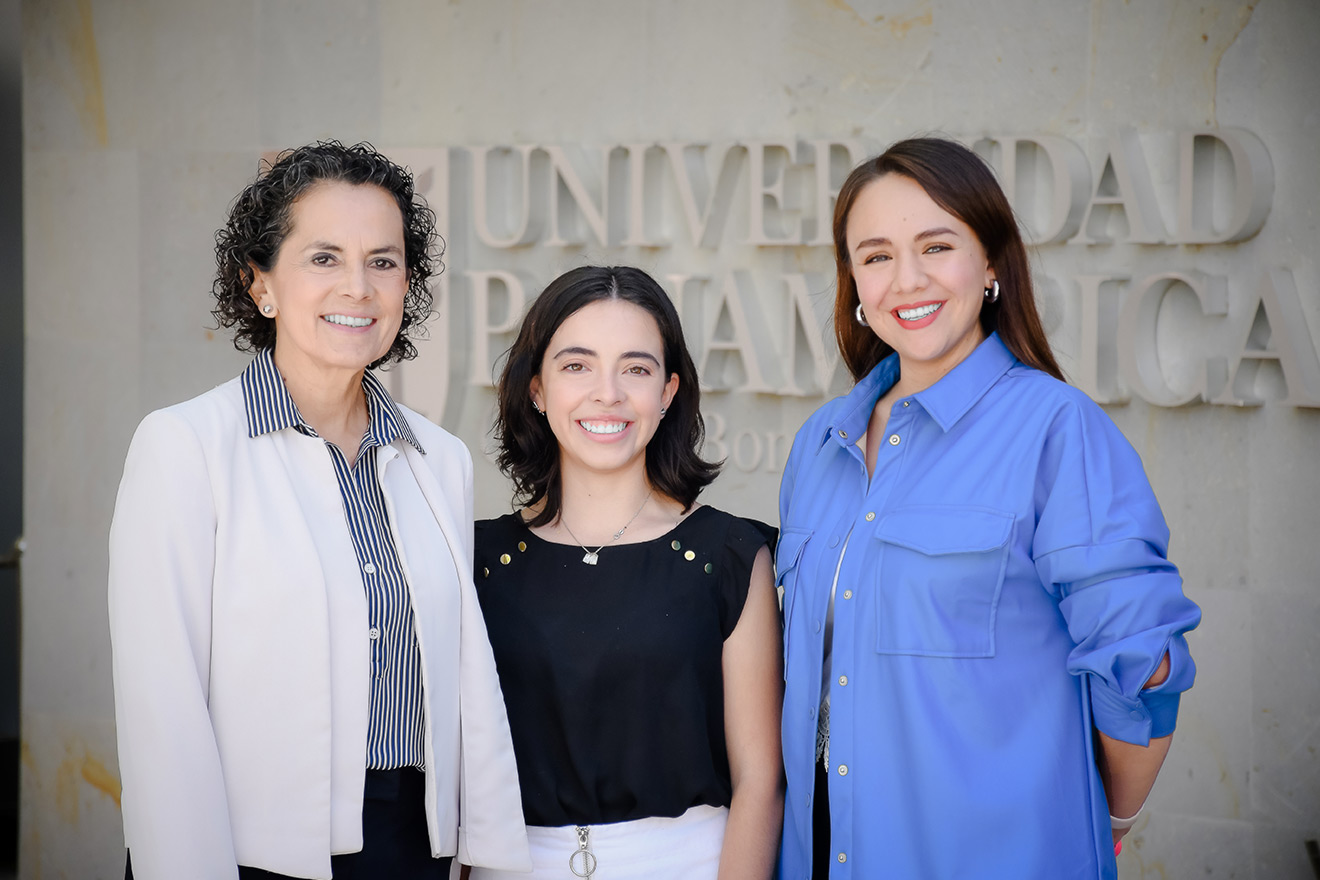Mexico City, August 1, 2023. Novartis and Universidad Panamericanathrough the Pan American Health System (SIPASA), carried out the presentation of the Joining Forces for Health Equitya short film that highlights the launching of a program that seeks to address the needs of community clinics coordinated by SIPASA.
This presentation was made one year after the signing of the collaboration agreement between the two institutions in favor of health equity and the most vulnerable populations.
About the collaboration
The video that was screened evidences the implementation of the first program Global Health program in Mexico, as a result of the agreement signed. The objective of this initiative is to significantly reduce the gaps in access to health care, previously identified jointly by SIPASA and Novartis.
The program seeks to ensure that quality medicines are available and accessible to the most underserved populations. The pilot program began in three SIPASA rural clinics and will last for three years, with the expectation of expanding to five clinics by the end of 2024.
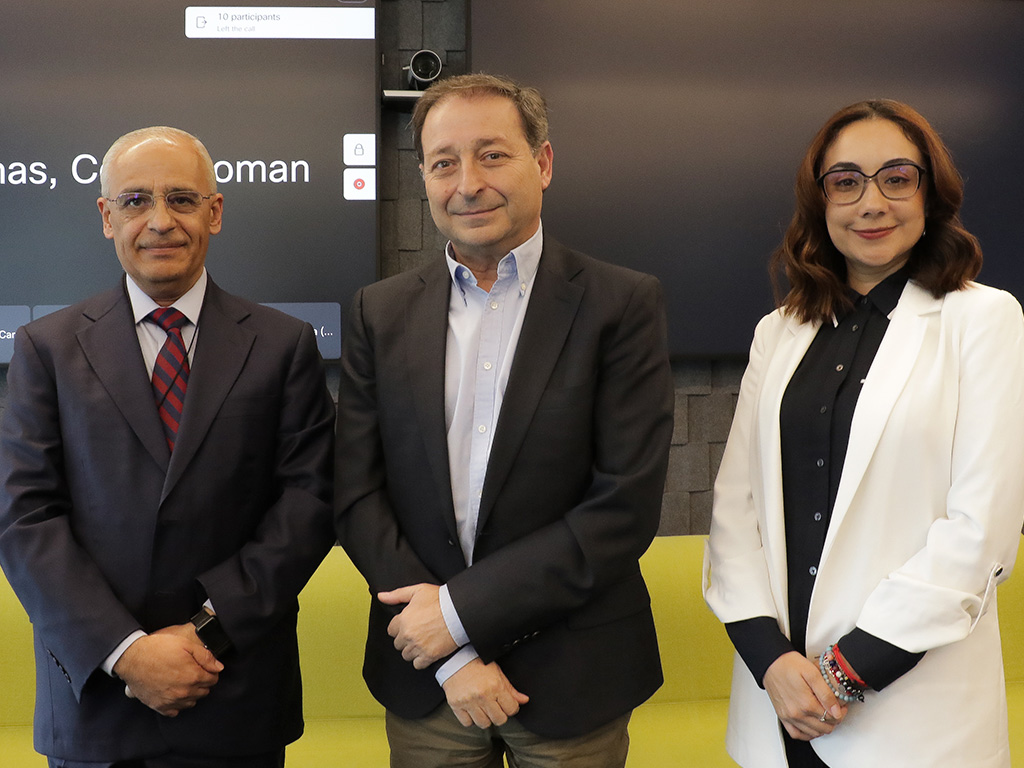
Health Equity
During the event, a panel discussion was held with Miguel Freire, general director and CEO of Novartis Mexico; Dr. Viviam Ubiarco, medical director of Novartis Mexico, Panamericana alumni and Dr. Gregorio Tomás Obrador Vera, director of the Faculty of Health Sciences of Panamericana and president of the board of trustees of SIPASA, IAP.
Speaking of the importance of alliances for the benefit of health, Miguel Freire pointed out that there is a great challenge in Mexico: "There are very important gaps, a great challenge of inequality, of access to health and medicines," he said.
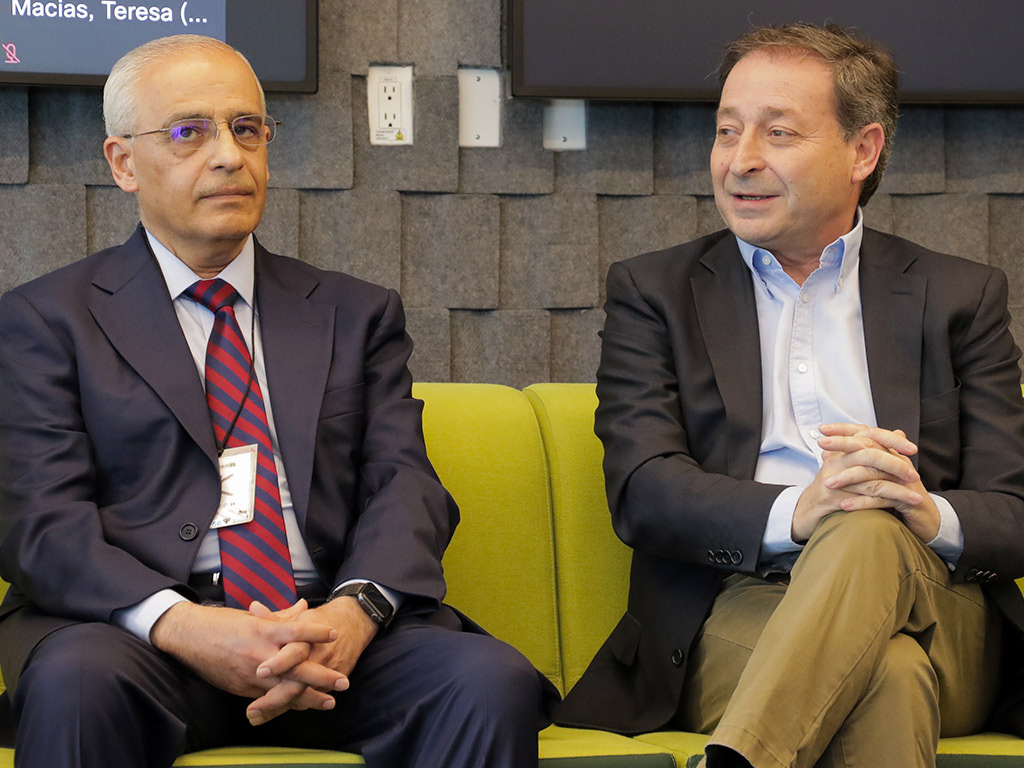
He added about these challenges: "This is not a challenge that can be faced by one company or sector alone; we have to move towards collaborative models. We need a combination of industry, government, academia and civil society to achieve alliance structures that allow us to successfully face these challenges. This union with Universidad Panamericana and SIPASA is a good example".
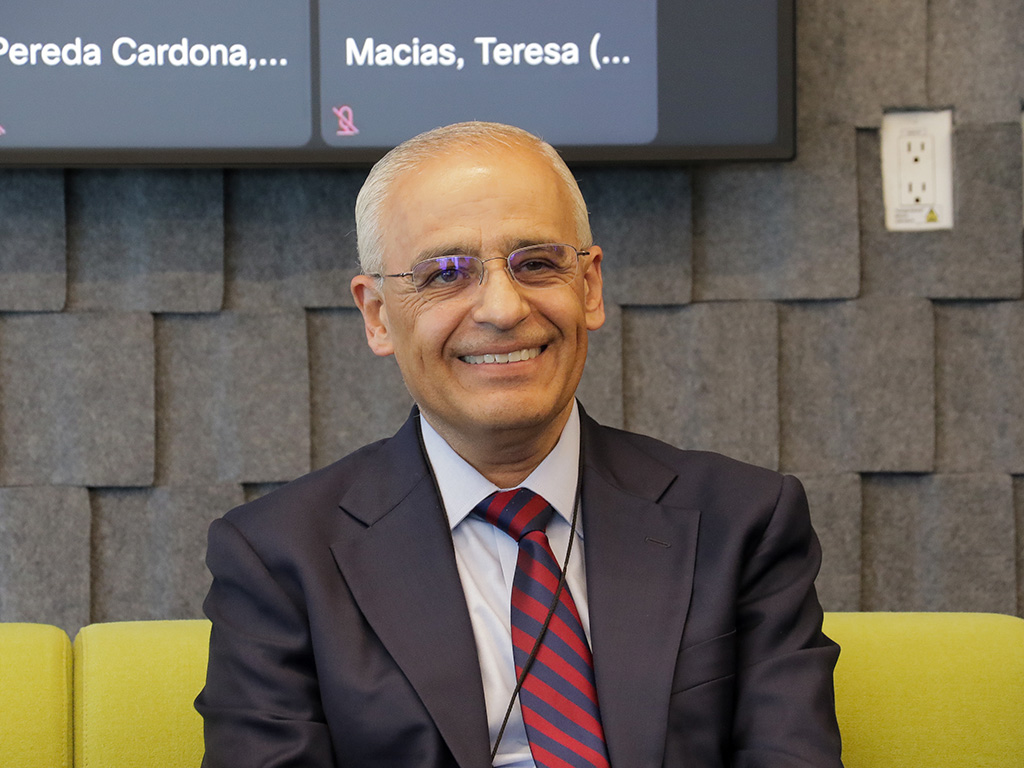
Access and affordability
When asked how it is possible to improve the availability of medicines and medical care, specifically in rural areas, Dr. Obrador said that there were many factors to take into account, since in several places there is still a lack of infrastructure, investment and supplies. "There has to be greater investment in healthcare and the other potential is public-private partnerships," he stressed.
Dr. Ubiarco added: "(From Novartis) Today we are focused on making alliances with academia and private industry for two purposes: to educate the population in general and through academia (...)".
Novartis-SIPASA Global Health
Finally, Global Health, the social program in which Panamericana and Novartis work, was discussed. Regarding this, Freire said: "For Novartis Mexico, the Global Health initiative represents our social commitment".
"We seek to reduce the main barriers to health access and ensure the availability and affordability of innovative medicines and quality health services for populations in conditions of vulnerability," he added.
Dr. Ubiarco commented, "This initiative aims to benefit 500 people diagnosed with type 2 diabetes and arterial hypertension in this first year and is expected to reach close to 2,000 patients by 2024".
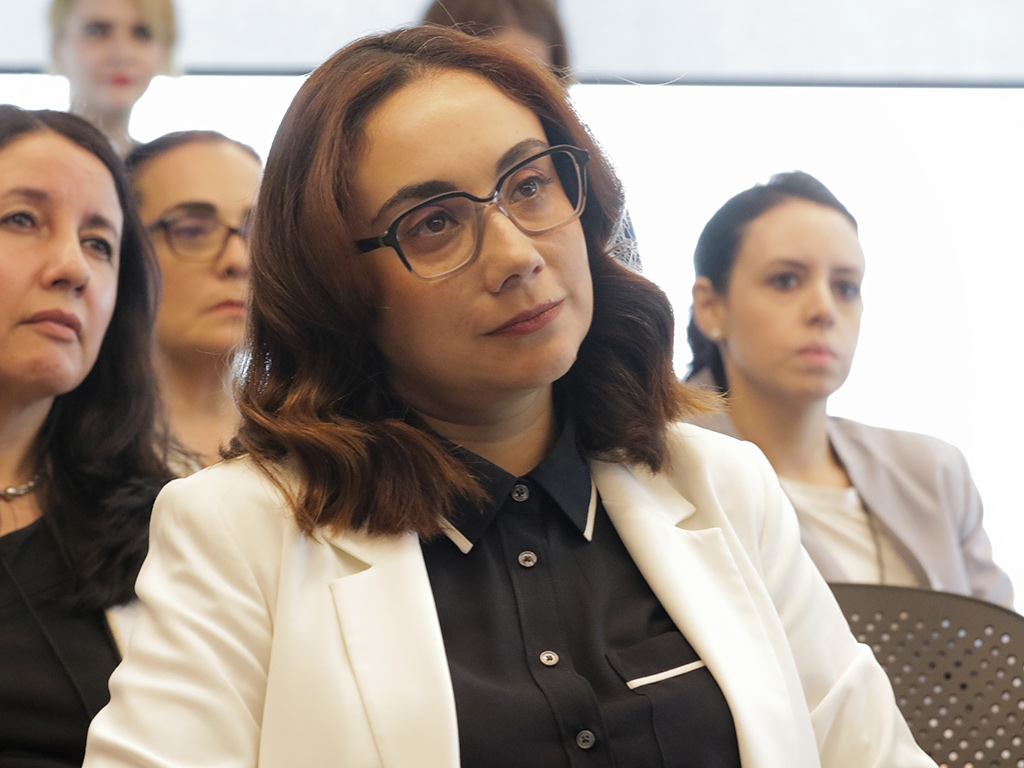
He added: "We are seeking to strengthen the education of the physicians who attend these clinics, to deepen their knowledge from a practical perspective.
Finally, Dr. Obrador concluded: "The work that has been carried out between Novartis and SIPASA, translates into the advancement of access to medicines of excellent quality to treat people diagnosed with diabetes and hypertension; in enhancing the education of health personnel and patients in the clinics monitored by SIPASA".




